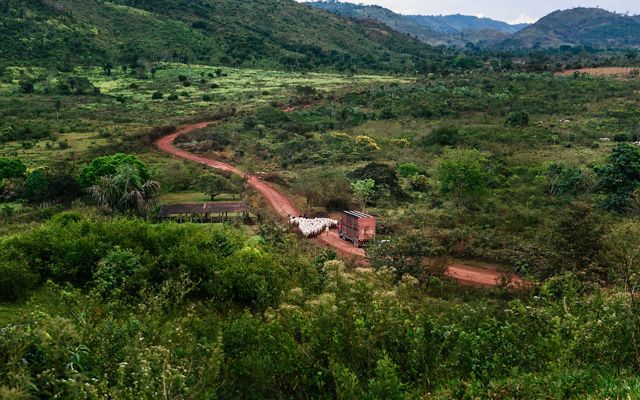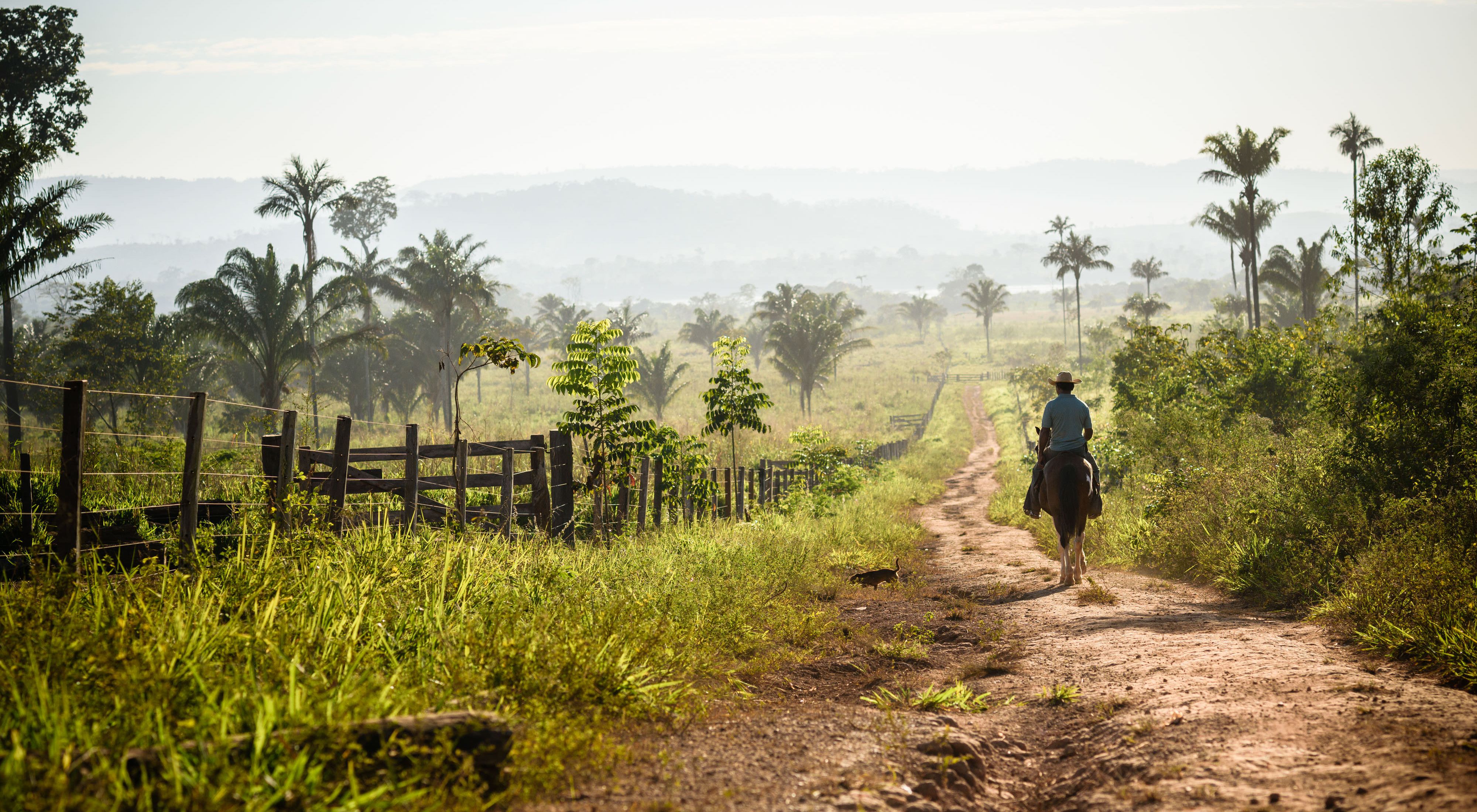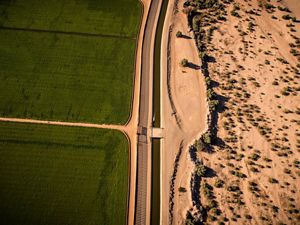ALL ALONG THE 4,000-KM TRANS-AMAZONIAN HIGHWAY IN BRAZIL, smallholder farmers and ranchers have carved out their livelihoods from the dense rainforest. The highway itself created opportunities for these families with its construction in the 1970s, but at the same time, it has literally cleared the way for an explosion in timbering and deforestation.
Carlos Souza, founder of Brazil’s Terras App Solutions, knows many of these farmers and ranchers and their struggles to maintain their businesses. He knows that clearing a little more land is an obvious way to produce a little more revenue. He also knows the grave risks of unrestrained deforestation, and that there are other, better ways for smallholders to secure their livelihoods.
Carlos’ ambition is big: nothing less than to transform Brazilian farmers’ relationship with the Amazon, while at the same time helping them build their businesses. To do this, Terras has built a suite of technology apps to help users across the Brazilian agriculture supply chain to map, monitor and manage ecological risks like deforestation. For example, farmers can use these apps to log data about their land, which would prove to commodity buyers and finance providers that those farmers comply with zero-deforestation practices. When more farmers use Terras’ apps, finance providers know their customers are avoiding deforestation and commodity buyers know their supplies are deforestation-free.
Terras knows this can make a big difference by incentivizing sustainable farming practices. What the firm struggles with, however, is critical early-stage funding to test and scale its technology solutions.
At NatureVest, we know stories like this all too well. As an operating unit within The Nature Conservancy, our business is finding and developing investments in nature that provide both conservation results and financial returns for investors. We are constantly working with colleagues across the Conservancy, and a wide network of external partners, to find the sweet spots where conservation, cashflows, scalability and replicability converge.

Still, it is hard work to develop transactions that fit this description in places like the Amazon where governance, currency and political risks are all too real, and yet those are the very places where investing in conservation most needs to happen. And even when the transaction structures are there, the financing challenges remain.
Why? Conservation investing is still a nascent field. Recent research shows that investor commitments to conservation are growing rapidly—a 62% increase between 2013 and 2015—yet investors continue to face fundamental challenges finding deals that meet their own specific guidelines, including size, track record and risk/return parameters. NatureVest has been at this for more than three years, with nearly $200 million of deployed capital and a very promising pipeline of hundreds of millions of dollars more, and we still experience the funding gap for “fully baked” investments. We also know that countless early-stage ideas are out there and that a small amount of funding and assistance can help them reach an inflection point and ultimately succeed.
To address this need, NatureVest launched the new Conservation Investment Accelerator, a grant competition open to applicants from both external organizations and from within the Conservancy. The Accelerator sought deals that complement NatureVest’s own investment approach—those in which catalytic capital can make a big difference in their chance for success and impact. Projects like Carlos Souza and Terras’ effort to help Amazonian farmers access credit and build their businesses while committing to zero-deforestation practices.
The response was even greater than we expected—the Accelerator received a tremendous response from for-profit and non-profit organizations and Conservancy colleagues from around the world. In fact, the quality of the applications made the selection process daunting, but we are fortunate to have had the help of an insightful advisory committee of experts from the conservation, philanthropic and corporate sectors including representatives from JPMorgan Chase & Co., the Lyme Timber Company, Rare, the W.K. Kellogg Foundation, the Heron Foundation, Treehouse Investments, Enterprise Community Partners and Walmart.
After much deliberation and due diligence, we were able to select the first Conservation Investment Accelerator winners. In addition to grant funding, recipients will be offered technical assistance, training and mentorship opportunities as they proceed with project development.
Included in this first round is Terras App Solutions, the Brazilian company referenced above. Funding from the Accelerator will support a pilot program intended to expand access to credit for smallholder cacao farmers along the Trans-Amazonian Highway who comply with zero deforestation policies. The Accelerator will also fund a project from the Environmental Defense Fund, a U.S.-based non-profit environmental advocacy group. Accelerator funding will support the development of a pilot bond that brings together government, corporate and non-profit resources to accelerate Louisiana’s coastal restoration and resiliency plans.
Two Conservancy projects were also selected for this first round. The Accelerator will fund work by the Conservancy’s Washington State program for conservation and business assessments for water rights investments that will be managed to support watershed restoration, water-use mitigation and long-term water provision for sustainable economic development in the Yakima Basin. The Nature Conservancy's Mexico and Northern Central America program, meanwhile, is developing a business plan to convert one of the largest dairy cooperatives in Chiapas to sustainable intensification via silvopastoral cattle ranching.

These recipients demonstrate the great potential that investment capital has to address problems that affect both people and nature. NatureVest is looking forward to reporting back on the conservation and business gains made possible by Accelerator funding and training at the end of each recipient’s grant period.
We’ve proven that cutting-edge deals are out there, looking for early-stage support to demonstrate both conservation impact and financial sense. Now we want to build on this success and attract additional supporters to the field of conservation impact investing. As we scale up the Accelerator, we hope to directly address the funding gap by supporting the best and brightest minds across the globe with promising conservation investment transactions.
Read more about how NatureVest creates investable deals in a wide variety of sectors around the world that deliver conservation results and financial returns for investors.
Global Insights
Check out our latest thinking and real-world solutions to some of the most complex challenges facing people and the planet today.



